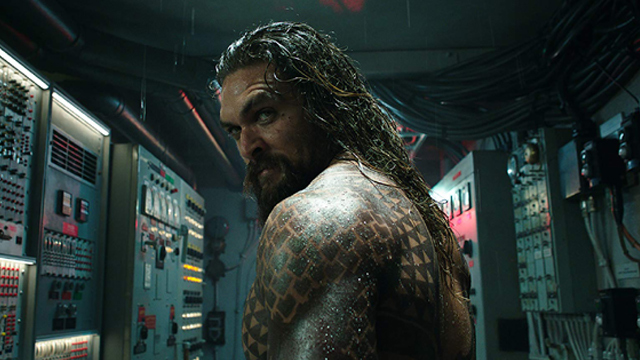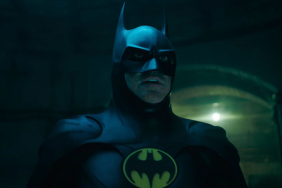This weekend, Aquaman is poised to become the DC Extended Universe’s first billion dollar grossing film. It will also be Warner Brothers’ first superhero film to gross a billion dollars since The Dark Knight Rises in 2012. After Justice League‘s disappointing worldwide box office, Aquaman appears to have turned the tide for the DCEU.
Aquaman has also managed to prove that WB can make commercially viable superhero movies without relying on the formula popularized by The Dark Knight over a decade ago. Additionally, Aquaman has re-invigorated the DCEU brand by once again getting casual fans excited about this shared universe. But the future of the DCEU still requires a steady hand if Warner Bros. wants to continue this winning streak. Towards that end, we’re pointing out the three key takeaways that Warner Bros. should learn from Aquaman‘s success.
Don’t Be Obsessed with Inter-Connectivity
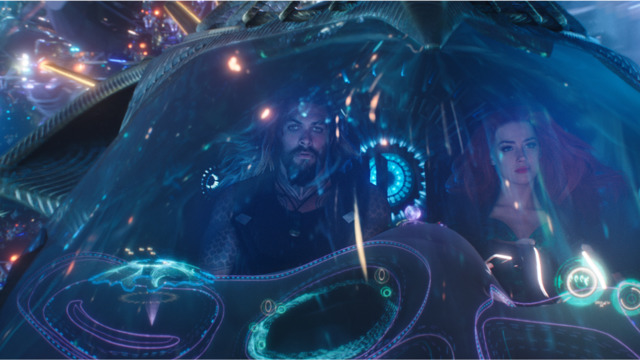
WB’s approach to the DCEU before Aquaman was murky at best. Most of the previous films were heavily focused on inter-connectivity. Aside from Man of Steel, each of the subsequent movies put a heavy emphasis on setting up spinoffs or sequels. The ideal approach would have been to tell simple stories that slowly built the larger universe over time. Instead, WB forced each film to feature cameos and connections that distracted from their own narratives. As a result, Batman v. Superman, Suicide Squad, and the aforementioned Justice League ultimately felt rushed and unfulfilling.
Aquaman was the antithesis of that approach. It briefly mentions the events of Justice League and then quickly moves on. Aquaman‘s script services its own story rather than setting up multiple films down the line. It really has no interest in being anything other than a stand alone adventure. Aquaman’s central focus always leads back to Jason Mamoa’s Arthur Curry. Even the large supporting cast ends up informing Aquaman’s character and his rise to power. It’s truly his story, and no one else’s.
Hire Interesting, Story-Driven Directors
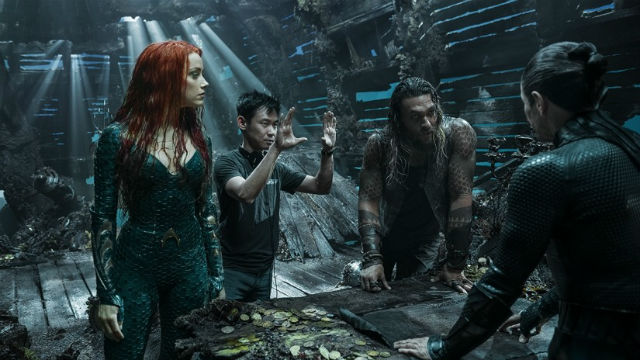
Love him or hate him, Zack Snyder is a director who largely speaks in broad strokes. Snyder certainly has a lot to say as a filmmaker, but he sometimes has trouble expressing his ideas in a succinct, clear, and decipherable way. His approach may work for a solo hero like Superman. However, Snyder faltered in Batman v. Superman and Justice League; and audiences failed to respond to his vision. Hardcore fans would even argue that Snyder failed to capture the elements that made Batman, Superman, and the rest of the Justice League so compelling in the first place.
By bringing in James Wan to helm Aquaman, WB added a director with a unique and singular vision who clearly loved and understood the source material. As noted in our review of Aquaman, Wan’s personal approach to the film allowed it to breathe even with its wild CGI battle sequences in the third act. Wan is also a bold filmmaker who took several chances with his choices. And those choices really paid off. That’s something that future DCEU filmmakers need to follow. Simply trying to replicate Aquaman‘s formula isn’t going to work either. Warner Bros. needs filmmakers who can play within their superhero universe while crafting a crowd pleasing story and bringing fan favorite characters to life in a satisfying way. It’s far from easy, but adding the right director can make all the difference in the world.
Explore Different Sub-Genres and Styles
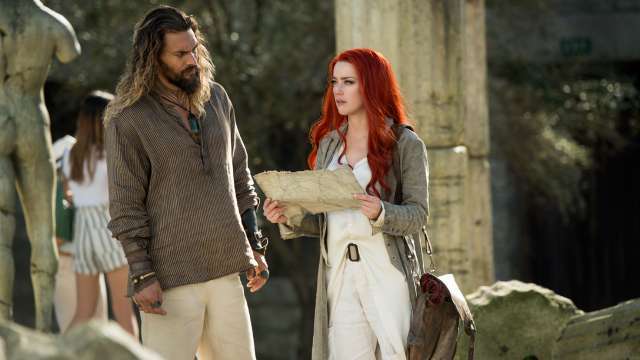
One of the reasons the DCEU films were beginning to feel stale is that they kept trying to be The Dark Knight. That was the perfect tone for Batman, and less perfect for everyone else. Fortunately, Aquaman proves that not every character has to be dark and brooding. Instead, filmmakers should choose a more fitting, natural tone for the character at hand. Aquaman has its own tonal issues and occasional inconsistencies. But it managed to overcome those shortcomings and pushed the franchise forward.
Aquaman also blends several sub-genres that make it feel unique and distinct within the DCEU. It’s essentially a classic sword and sorcery story disguised as a superhero movie. It’s also a high fantasy that just happens to be set underwater. So what if it stars a hero who can talk to fish? He was incredibly fun to follow, and Momoa’s personality made Aquaman incredibly relatable.
Essentially, this was the most “Marvel” DC movie that Warner Brothers has ever made. WB’s DC films ultimately need to find their own voice, but this movie was a step in the right direction. By diversifying the tone and sub-genre of each superhero movie, the DCEU will find greater success and keep the franchise from burning out.
What lessons do you think Warner Bros. and DC should learn from Aquaman‘s success? Let us know in the comment section below!
